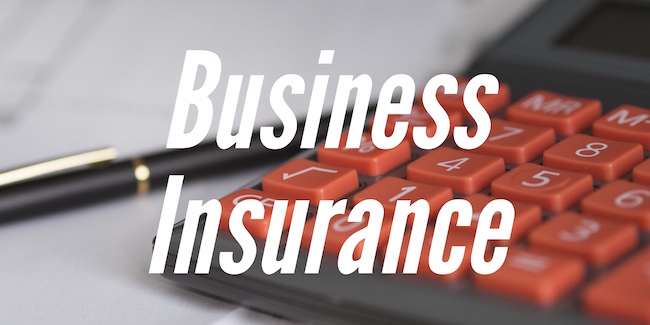Getting the proper type and amount of business insurance is an integral part of setting up a new business. But once you have your policies in place, and are focusing on the day to day operation of your business, it’s really easy to forget all about your insurance coverage. This can be a mistake however – several years might go by without revisiting your insurance policies, and you could expose your business to the risks of being underinsured.
There’s a simple cure for avoiding this scenario, however – review your insurance policies on an annual basis, and you’ll always be up-to-date and fully covered. In case you still need some convincing, here are six questions to help you determine if you need a review of your policies. If it’s been a while since your last business insurance review – or if you’ve never had one – read through these and be honest with your answers. If you can answer “yes” to any of these questions, you’ll want to review your policies sooner rather than later.
Table of Contents
ToggleHas your business grown since its inception?
If your business revenue has increased, so has your potential liability. If you sell more goods, you most likely have more supplies, equipment and inventory – it’s important to make sure everything is covered.
In addition to increased revenue or inventory, it’s important to consider whether or not you also have more employees, as this could impact your worker’s compensation insurance needs.
Has your location changed?
If your business has grown, it’s possible you moved to a bigger facility or a different location that better suits your business’ increased demands for space or efficiency. Square footage, and the type of building you’re in, could change the type and amount of insurance you need.
Have you accrued new, more or different business property than before?
If you’ve bought new or more equipment, updated your technology, or added / eliminated other items from your business’ location, you’ll want to check your commercial property insurance limits. It’s also smart to determine whether you’ll be compensated for replacement value, or actual cash value. And if you have new or more vehicles on hand with which to conduct business, do you have enough commercial auto coverage?
Do you still conduct business in the same way you used to?
Times change – and so do business practices. You might be using different technology today than you were five years ago, or you might be marketing and advertising differently as well. And you might be storing data differently – for example, do you store any customer records in the cloud? Or do you have more customer and employee information stored digitally? This could make you more vulnerable to data theft or hacking. Does your current insurance policy cover these kinds of losses? It would be worth finding out.
Have your lines of business changed recently?
Is your business offering different services or products than it did when you started out? Part of adapting to changing economic and cultural landscapes is adapting your offerings to stay current and profitable. Some types of insurance may not cover certain products or services; it all depends on the type of coverage you have. It’s wise to make sure that your current insurance policy addresses, and adequately covers, the lines of business that are most crucial to your livelihood.
Is your management team still the same?
Employees come and go, even the ones at the top. If your management team has changed, it’s possible you need to review certain aspects of your insurance coverage. If you have Key Person strategies in place, or Buy Sell Agreements, or even a Deferred Compensation plan, and a crucial member of your management team has changed, you could be leaving yourself and your business open to huge liabilities or unplanned consequences.
As you can see, there are many different ways a business can change that might require new or different business insurance coverage. That’s why it’s so important to review your coverage on an annual basis – so you can always be sure you’re adequately protected. Seeking help from an experienced, trusted insurance broker is an easy way to get help with this process. And once you’ve completed your review and know that you’ve got all the angles covered, you can go back to doing what you do best – running a successful business.















